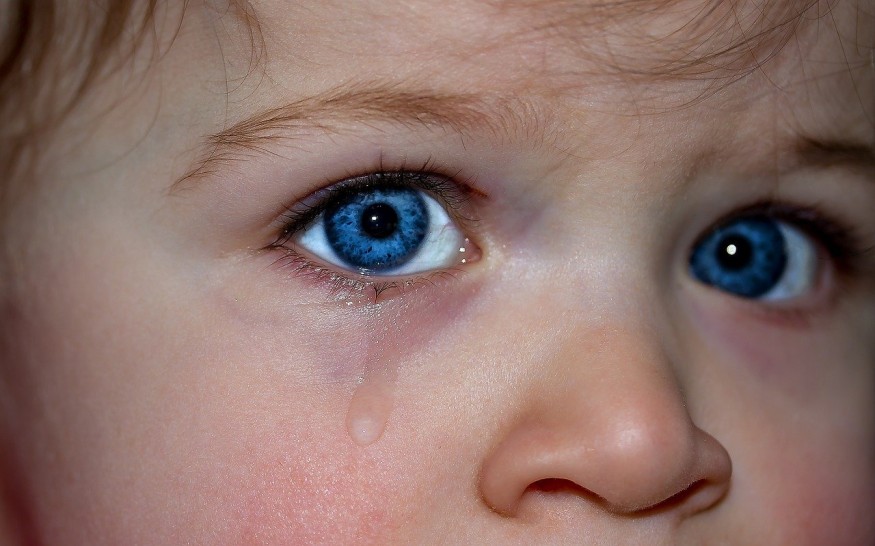What Are a Child’s Rights During Divorce

Divorce can be devastating for families, and often caught in the middle are the children. It's a traumatic time for them, and often they feel marginalized during the legal proceedings. For the parents, they too find themselves confused and not sure of their rights, let alone their children's rights.
What Are the Rights of Children?
Parents have various obligations to their children regardless of the circumstances. The responsibilities can be summarized as follows:
Ensuring psychological, physical, and sexual security
Promoting proper eating habits, physical development, and personal hygiene
Showing love and affection
Setting limits and standards of conduct that are in the best interests of minors
Child Custody in Mexico
To protect the children, the law in Mexico lets the parent that takes care of the children to stay in the family home. It doesn't mean that this parent is the owner of the property. The custody of the minors usually goes to the mother.
The only time this doesn't happen is if she is proven to be a threat to them, or is physically or mentally unfit to take care of them. The experts at Clearway lawyers explain that both parents need to take part in raising them no matter where the children live.
To provide the children with balance, the father must have visitation rights at least once a week, and vacation time is divided equally between the parents. If a child is old enough, it may request to live with their father, and the court will consider this request.
Taking a Child to Another Country After Divorce
Mexico has the same rules as most other countries when it comes to children traveling out of the country after a divorce. The parent will need permission from the other parent or a judge to take the minors over the border.
It's a crime for one parent to take the child to live in another country or state without explicit authorization. If convicted, they could face a sentence of two to six years in prison. If a parent approaches the court to get consent, the judge needs to consider what is in the child's best interests.
The other parent's rights also need to be taken into consideration.
Financial Support
Children have the right to food, clothing, and to live in a safe environment. As part of the divorce, the court will decide on child support. In Mexico, the payments are known as 'pension alimenticia.'
If a parent refuses to make the payments voluntarily, the court may order a part to be taken of their salary. In extreme cases, the judge may seize and sell their property. Defaulters can expect a prison time of one to four years if convicted. The payments are a necessity to support the other parent in the raising of the children.
Emotional Support
The Mexican government recognized that children need emotional support during the divorce proceedings. In 2006, it instituted a reform that called for the creation of a new assistant to minors (asistente de menores).
This division would work under the DIF's Federal District office. It would provide psycho-emotional protection for children during divorce proceedings. This service would be invaluable, especially when a child needs to appear before a judge individually.
Unfortunately, no further information is available with an update as to the progress of this initiative.
Final Thoughts
Divorce is difficult for all parties involved in the situation. During the proceedings, the court will usually grant custody of the children to the mother as long as she can look after them. No parent can remove a child from the country unless they have permission, and it's in the child's best interest.
Child support payments are required to ensure that the child gets the nutrition and care it needs to grow. However, it's not enough to decide on the child's behalf what's best. Courts need to give minors a chance to speak about their futures to understand better what they need.
Subscribe to Latin Post!
Sign up for our free newsletter for the Latest coverage!
© 2026 Latin Post. All rights reserved. Do not reproduce without permission.















